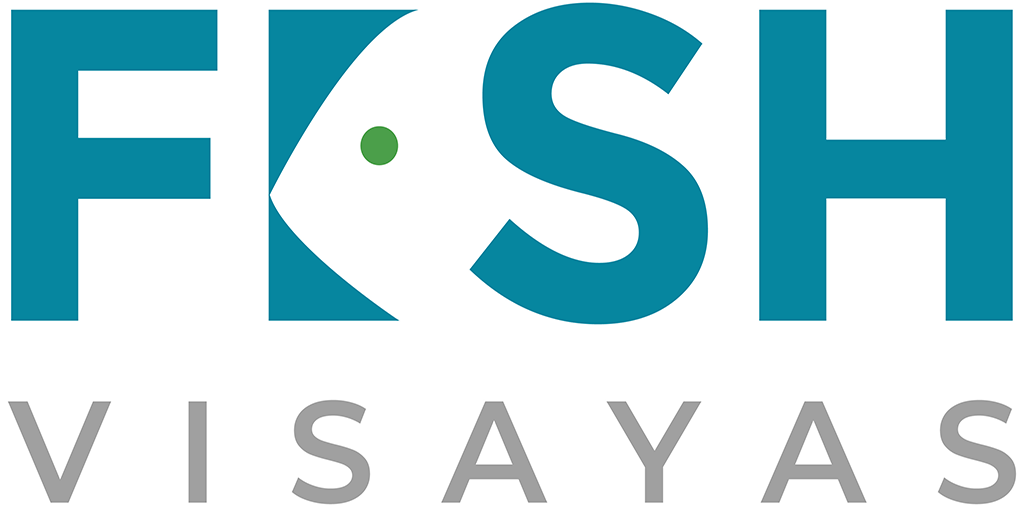CEBU, Philippines {,date} — Fisherfolk and other people involved in the fisheries and food industries can look forward to training programs that will improve their alternative livelihood skills. In a meeting hosted by AFOS Foundation, TESDA, BFAR, and NOCCI expressed their eagerness to conduct training programs for AFOS Beneficiaries, among others.
AFOS Foundation organized a face-to-face forum aimed at converging all stockholders of the FVP and at orienting the same on the qualification for functional analysis of various training. The event was held on August 27-28, 2021, at La Limar Resort, La Libertad, Negros Oriental. It was attended by NOCCI, TESDA, BFAR, and AFOS Beneficiaries.
The ongoing pandemic continues to affect different sectors of society. The fishery and aquaculture industries are no exemption. Travel restrictions, lockdowns, and closure of global markets resulted in difficulties in the seafood trade and lesser income. To help AFOS beneficiaries attain financial stability amid these trying times, AFOS Foundation worked together with NOCCI, TESDA, and BFAR to come up with effective ways to improve their entrepreneurial skills and find new ways to earn income.
During the meeting, speakers from TESDA, BFAR, and NOCCI discussed possible training programs that will upgrade the skills of people interested in alternative livelihood. The discussion was primarily focused on the relatively untapped potential of mangrove crabs production and hatchery as a source of income.
Hatching and producing mangrove crabs is an excellent choice for people who are planning to look for alternative livelihood. The Philippines, being one of the top producers of mangrove crabs in the world, needs to meet the demand in the coming years. Apart from being in high demand, mangrove crabs or mud crabs have a relatively higher selling price than that of fishes and mollusks. Furthermore, they are also ideal for live export to other countries because they can survive out of water for extended periods at lower temperatures.
There is no doubt that mangrove crab production and hatching is one of the profitable alternative livelihoods in the aquaculture industry. People who will venture into this business will have a high chance of earning more to provide for their families.
Nevertheless, interest and eagerness to have an alternative livelihood are not enough to make mangrove crab production and hatching a source of income. Fisherfolks and micro, small and medium enterprises (MSME) in the fisheries and related food value chains must have the necessary knowledge and skill to conduct the business. They must have a working understanding of different aquaculture technologies, culture methods, as well as the proper ways to store and transport mangrove crabs.
That is why the agencies thoroughly discussed the possibility of offering training programs that help people learn more about the mangrove crab industry. Through the training programs, AFOS Foundation hopes that its beneficiaries will take a step toward financial stability and income diversification.
